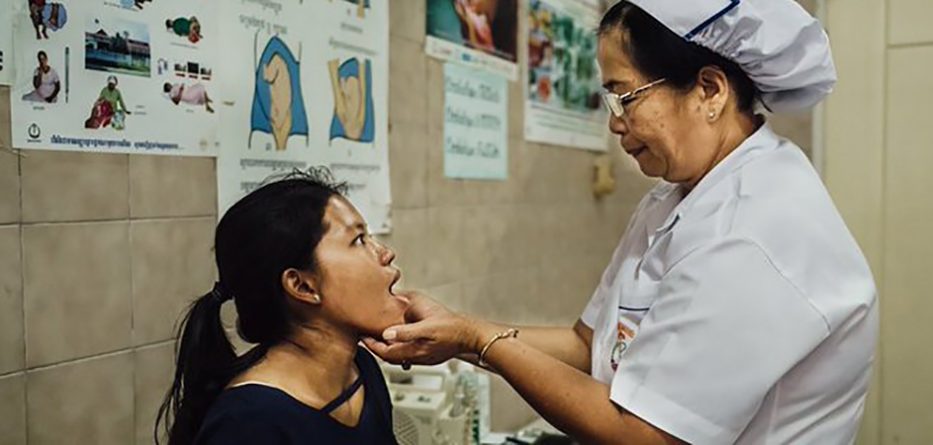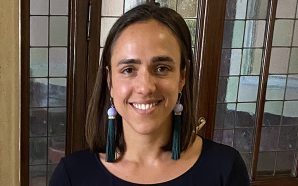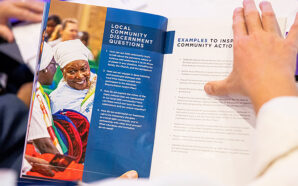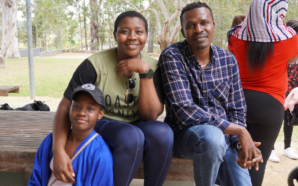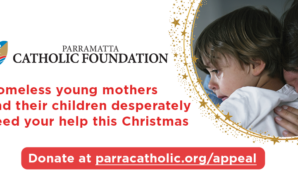April 7 is the World Health Organisation’s World Health Day
If we think of World Health Day, it is easy to be patronising. We do not associate it with our own society or with others like our own, but with regions in the world where there is little infrastructure and little access to medical care. If we are generous, we might seem it as a time to donate to medical groups that work in the third world and with displaced peoples. And that, of course, is a very good thing.
This year, however, World Health Day strikes much closer to home. We have seen our own lives disrupted, great pressure put on our doctors, nurses and hospitals, our economy virtually shut down, and the shared meetings, events and journeys we took for granted cancelled. And this has been true of rich nations as well as impoverished ones. The Coronavirus has changed the way in which we meet, whether and where we work, our superannuation, whether our schools are open or not, how we pray together and whether we travel overseas. With no antidote or vaccination to hand, it has made us aware of how precarious are our personal health and that of our society.
The celebration of World Health Day reminds us how great a gift good health is, and how much depends on it. It reminds us that life is precarious. Today’s experience of the indirect damage an epidemic can do to struggling families when people lose employment in cafés that no one frequents and in other small businesses remind us of the perennial stories of how a comfortably-off breadwinner’s sudden diagnosis of serious illness can lead to the need for the family to move house, the children to change schools and life to become a daily struggle.
In some Asian cultures people greet each other with the wish ‘Healthy, wealthy’. To us that may sound nakedly materialistic, but it reminds us how in many societies any serious illness we contract will be treated only if we can pay for it. Wealth may not ensure good health, but it certainly affects our chance of surviving ill health.
One of the goals of World Health Day is to shape a world in which all people have access to good basic health care that does not depend on their wealth. That same hope inspired the founding of Catholic hospitals and nursing orders throughout Christian history. They began with compassion for the poorest of poor people in the conviction that it is the responsibility and privilege of a community to care for its most vulnerable members. Jesuit Social Services belongs to that tradition which recognises the importance of faithful lasting relationships in accompanying vulnerable people.
The importance of communities can easily be lost from sight. This year, though, we have again been forced to recognise that we do not live as individuals, and that for our health and well-being we depend on one another. What happens in a rural Chinese market can affect the health and life of people in Circular Quay and St Kilda. We are reminded that the relationships between people depend on the relationships between people and animals and birds, which depend in turn on the relationship between plants and microorganisms. We are part of our environment and involved in the millions of relationships on which its stability depends.
This year World Health Day poses the larger personal question of what matters most deeply in our lives. When we realise that our good health is not guaranteed, we are led to ask what meaning we might find in illness and death.
Fr Andrew Hamilton SJ writes for Jesuit Communications and Jesuit Social Services.




